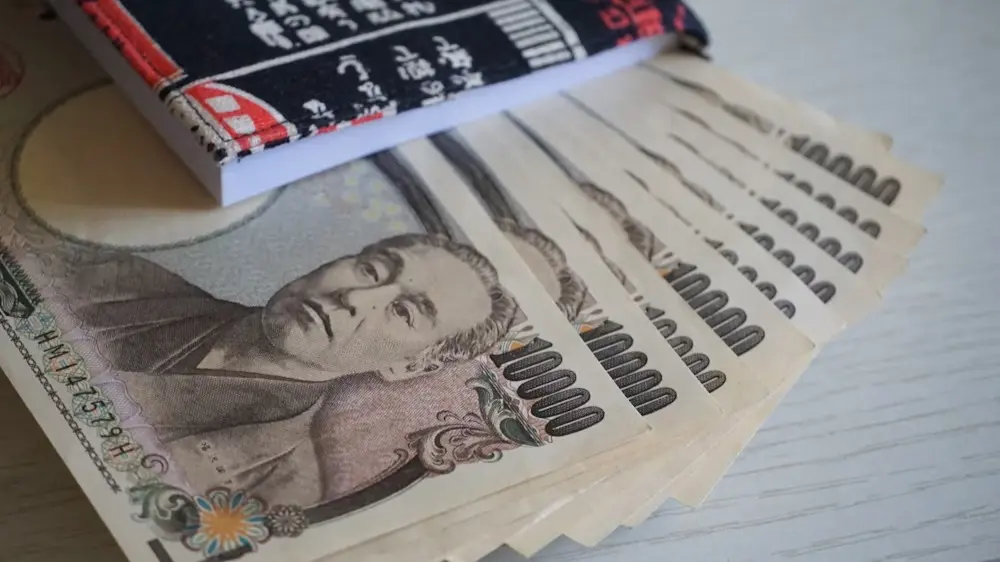Updated 29 April 2024 at 19:32 IST
Yen intervention is a lost cause worth pursuing
The yen has lost more than 40% of its value against the greenback in the past three years.

- Republic Business
- 3 min read

Hope burns. If Japan did intervene to support the yen on Monday, it wasn’t pointless. The authorities refused to comment but the currency rose sharply after a tumble below 160 against the U.S. dollar in thin trading on a public holiday. In the long run, intervention is a lost cause but, for now, there is value in signalling to the world that the yen is not a one-way bet.
The currency’s sustained weakness mostly reflects the yawning gap between U.S. and Japanese benchmark bond yields, which currently stands at 3.7 percentage points. The yen has lost more than 40% of its value against the greenback in the past three years. The drag is likely to persist until there are clear signs the U.S. Federal Reserve will start a cycle of interest-rate reductions.

A weak yen is a boon for exporters and stocks given that Japan Inc generates 20% of its revenue overseas. But the slump is also having a negative effect by gnawing at domestic confidence in the future of the world’s third largest economy and its ability to repay its huge debt.
Aside from general exasperation among Tokyo’s elite that the country is overrun with tourists and the rising cost of foreign travel, a weak yen reduces the nation’s attractiveness to overseas workers. Japan needs immigration to overcome a labour shortage and to ensure that the virtuous cycle of growth and inflation that the Bank of Japan is seeking to sustain doesn’t spiral out of control. The central bank’s latest forecasts on Friday underscore the fragility of that quest. It cut its GDP growth forecast for 2025 to a minimum of 0.8%, from 1%, and upped its inflation forecast excluding food to a minimum of 1.7% from 1.6%.
Advertisement
Officials are busy relaxing residency rules for foreigners and making it easier for them to enter the country’s job market, but currency depreciation is a turnoff for everyone from Vietnamese migrant workers to tech engineers from India and Southeast Asia.
Meanwhile, being paid in a weak yen cements the deflationary mindset among ordinary Japanese citizens. They are channelling savings overseas and will soon have less protection from higher import prices caused by a falling currency because some government energy subsidies are ending.
Advertisement
Foreign exchange intervention cannot reverse a big gap in interest rates. The yen has lost 8% of its value against the dollar since Japanese officials intervened in September 2022, when the spread in benchmark yields was closer to 3 percentage points. But Tokyo can try and prop up markets and workers’ confidence by signalling weakness isn’t permanent.
Published By : Saqib Malik
Published On: 29 April 2024 at 19:32 IST
